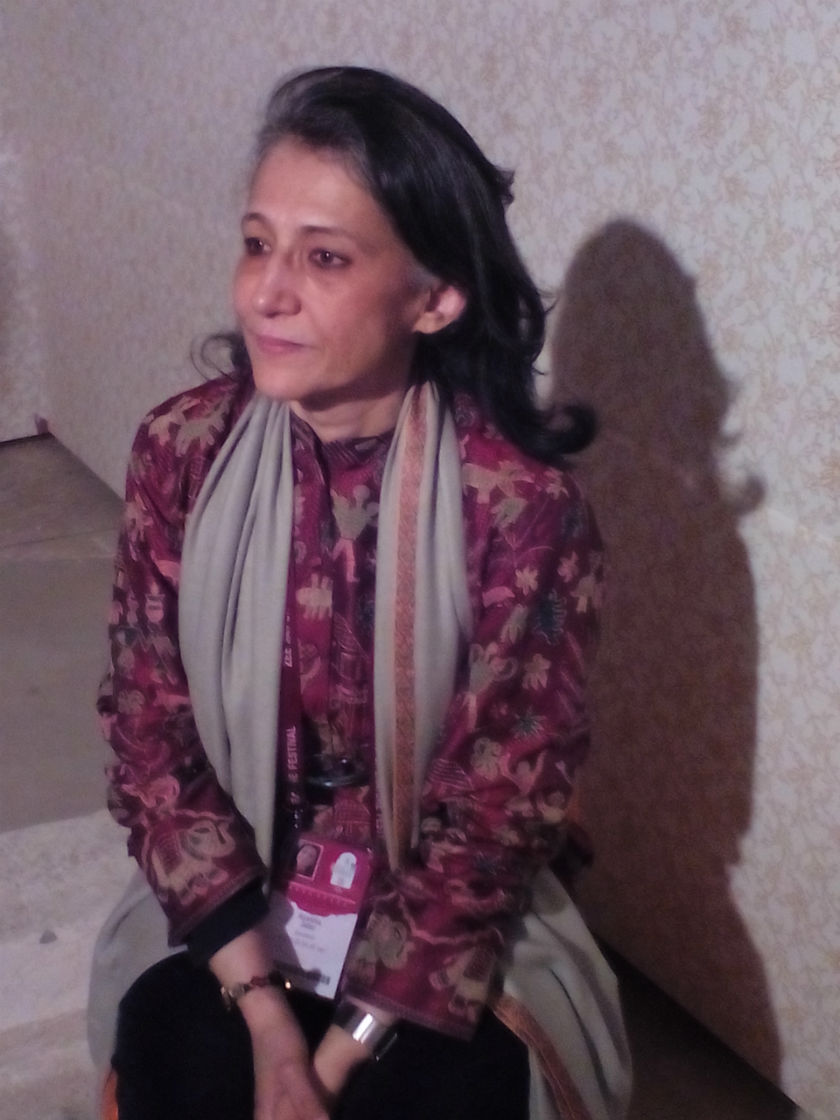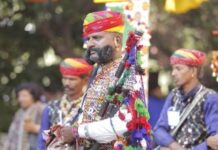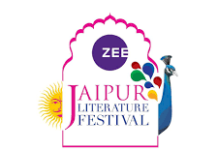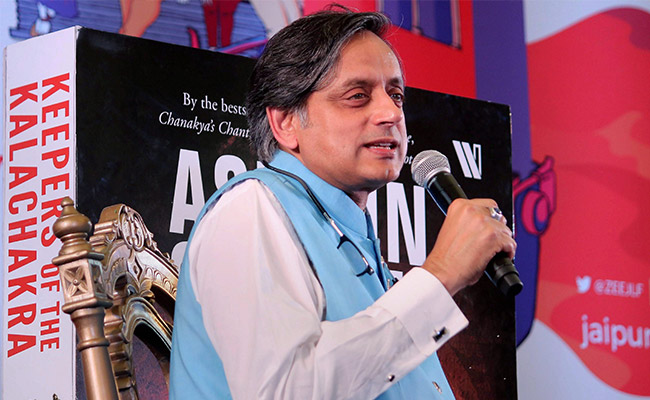
By Vikas Datta
JAIPUR– Writers, like Saadat Hasan Manto, brought out the horrors of Partition much more vividly than historians, but the need now is to go beyond the horrors to healing, says Pakistani-American historian Ayesha Jalal.
Jalal, the grandniece of the famed Urdu writer who passed away at the age of 43 in 1955, however, also stressed that fiction cannot and should not be allowed to replace history.

“Manto’s short stories can embellish history but fiction cannot replace history,” she said at a session titled “The Pity of Partition: Manto’s Life, Times and Work Across the India-Pakistan Divide” (the title of her 2013 biography on her granduncle) at the Jaipur Literature Festival here on Saturday.
She maintained Manto’s legacy survives and is more relevant now because of his type of thinking, of his approach which was to question everything.
“People don’t think, they go with perceived wisdom. He questioned it, raised uncomfortable issues especially of human bestiality in his stories of Partition,” she said.
On Manto becoming a bone of contention in the subcontinent amidst the tide of “intolerance”, Jalal said there was always some intolerance here but now it was growing throughout the world, but a writer like Manto is often invoked by the youth as a form of protest.
She also noted that if intolerance is growing, so is the opposition to it.
But like interest in his works in India, there was also a lot of interest in Pakistan, she said, but added that this was not any form of competition. “Celebrate it and him in your way,” she said.
On how she came to write his biography, Jalal said it was his centenary, there were accounts by some of his close friends, which are insightful but her 2013 work also has memories of his family, which did not see him very positively – and for good reason.
“There were many troubles he caused, he left his family destitute, and his alcoholism was seen most negatively,” she said.
She confessed she had herself fallen under his spell quite early having heard his stories from her cousins and others and “could recite the doggerel used by the mental patient in ‘Toba Tek Singh’ even before she could recite the kalma”.
And then, she had come across letters to Manto from his mother and others, which formed an archive. She noted he seemed to have a sense of history for when he left the then Bombay for Pakistan, he had taken all his letters along.
But above all, her rationale was that the “microcosm of Manto’s life connects to the macrocosm of the Partition” for he he was one of its most celebrated victims.
“Manto was non-political, writing film scripts in Bombay, was not a Muslim League supporter though being anti-colonial and for him the ‘batwara’ was not necessary. Bombay gave him a sense of himself. Partition, in a sense, made Manto, but it also destroyed him,” said Jalal.
She said that while in Bombay, he had close friends like actors Ashok Kumar and Shyam, and there was no Hindu-Muslim feeling in him, and he in fact made fun of it, like in his story “Dhobi” which was a real incident, though partly fictionalised.
“He had no enthusiasm in going to Pakistan, there were no complicated political reasons but there were family reasons. His wife went to Lahore where her family was and didn’t want to come back, so he also moved despite pleas by friends like Ashok Kumar and Shyam to return.
“But Pakistan never proved conducive to Manto. He had an ambiguous relationship with the authorities, quickly became disillusioned, turned to drinking more, and the lack of recognition killed him,” she said, adding that while he had been a heavy drinker in Delhi and Bombay, he became an alcoholic there, though he never wrote under the influence of drink.















